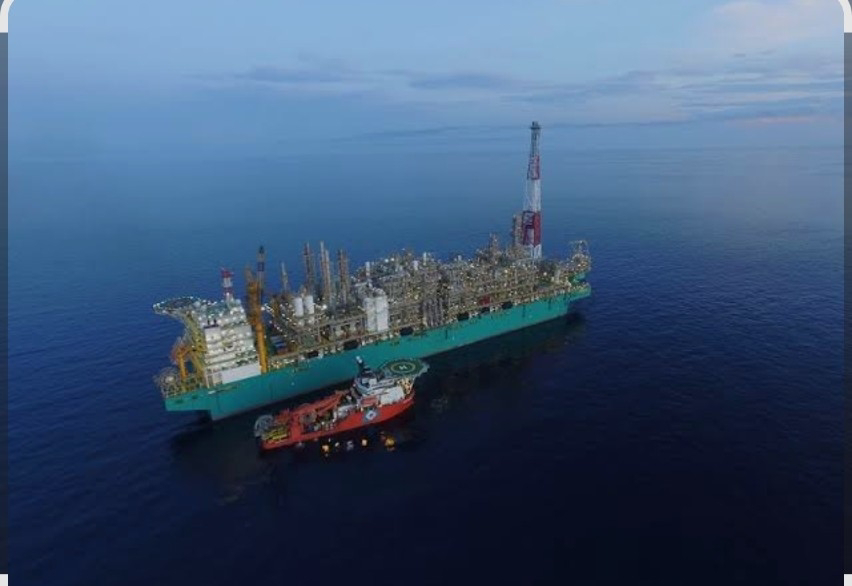By Daniel John Jambun, 18-7-2025
THE Sabah government’s announcement that it will acquire a 25% equity in the US$3.1 billion nearshore floating liquefied natural gas (ZLNG) facility in Sipitang marks a long-overdue development in the state’s participation in the oil and gas industry. This move — while commendable — must be viewed with clarity, humility, and historical awareness.
After decades of exclusion and marginalisation in resource governance, Sabah is finally taking baby steps towards reclaiming a stake in the wealth extracted from its own land and waters. However, the reality remains: Sabah is still lagging far behind Sarawak, which has already achieved substantial autonomy and revenue control over its oil and gas resources through the establishment of Petros (Petroleum Sarawak Berhad).
Sarawak Leads in Oil & Gas Autonomy
Sarawak began asserting control over its oil and gas resources in 2017, invoking its rights under the Oil Mining Ordinance 1958 (OMO) — a law that remains valid in the state despite the controversial Petroleum Development Act 1974 (PDA). Since then, Sarawak has:
Established Petros as a regulatory and commercial oil & gas entity;
Compelled all companies, including Petronas, to obtain licenses from Petros to operate in Sarawak;
Taken over control of gas distribution and retail within its territory;
Entered into multiple joint ventures and production-sharing agreements with Petronas and international oil majors;
Asserted Petros as the sole gas aggregator for the state since 2020.
Sabah: A Late Starter With Limited Control
By contrast, Sabah only established SMJ Energy Sdn Bhd (SMJE) in 2021. It does not control oil and gas licensing, regulatory enforcement, or gas distribution. Even this 25% stake in ZLNG — though historic in optics — does not address the broader structural issues of Sabah’s subordination to Petronas and the federal government when it comes to resource rights.
Unlike Sarawak, Sabah has yet to:
Assert its constitutional rights under the 20-Point Agreement and the Inter-Governmental Committee (IGC) Report;
Enforce the State Sales Tax (SST) on petroleum products;
Control gas distribution and regulation through a state law equivalent to Sarawak’s OMO;
Compel Petronas to share upstream data, field development rights, and revenue formulas.
The Bigger Picture: Symbolic Stake vs Structural Sovereignty
While the equity stake in ZLNG is symbolically significant, it does not equal resource sovereignty. The people of Sabah must not be misled into thinking that a 25% stake in one project translates into economic liberation. The real question is:
Why has Sabah not followed Sarawak’s lead in legislating control over its own oil and gas resources?
Until Sabah enacts its own oil and gas laws, controls licensing, enforces taxation, and manages distribution, it will remain a junior partner in its own economy — dependent on the goodwill of Putrajaya and Petronas.
Sabah for Sabahans, through Warisan, shall reaffirms the call for full control over Sabah’s oil and gas sector. This includes:
Establishing a Sabah Oil & Gas Authority empowered by law;
Renegotiating the Petroleum Development Act and vesting rights back to the State;
Pursuing equal footing with Sarawak in resource governance;
Ensuring transparent public benefit from all oil and gas joint ventures.
Sabah deserves more than token equity. We deserve full ownership, control, and the constitutional dignity that comes with it.
Only when Sabah stands on equal ground with Sarawak — legally, economically, and politically — can we truly say we have reclaimed what is rightfully ours.
Daniel John Jambun
President
Borneo's Plight in Malaysia Foundation (BoPiMaFO)
&
Change Advocate Movement Sabah (CAMOS)





No comments:
Post a Comment